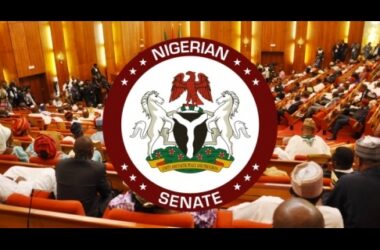President Donald Trump has issued an order banning the entry of citizens from 12 countries into the United States, citing ongoing concerns about national security. The order, which was signed earlier this week, will take effect on June 9, 2025.
The full travel ban targets Afghanistan, Myanmar, Chad, the Democratic Republic of Congo, Equatorial Guinea, Eritrea, Haiti, Iran, Libya, Somalia, Sudan, and Yemen. The U.S. government claims these countries either struggle to verify the identities of travelers or have weak cooperation with American immigration and security agencies.
Along with the total bans, the proclamation also places limited restrictions on citizens of Burundi, Cuba, Laos, Sierra Leone, Togo, Turkmenistan, and Venezuela. These individuals may still be able to travel to the U.S. under certain conditions, but their applications will face tighter scrutiny.
There are exceptions to the directive. For example, athletes traveling for major international events may still be allowed entry, as well as certain Afghan nationals and individuals who hold dual citizenship with countries not affected by the ban. According to the BBC, these exceptions aim to balance national security with humanitarian and diplomatic considerations.
Trump defended the measure in a video message shared on X (formerly Twitter), saying: “We cannot have open migration from any country where we cannot safely and reliably vet and screen.”
Officials at the White House noted that the countries with the strictest bans either host active terrorist groups, lack proper recordkeeping of criminal history, or fail to report key data about travelers. Another factor mentioned was the high rate of people overstaying their visas after arriving in the U.S.
This latest move adds to Trump’s ongoing immigration crackdown, which began in earnest after he returned to office. On January 20, 2025, he signed an executive order directing federal agencies to identify which nations pose security risks and should face restrictions.
The current directive draws comparisons to Trump’s earlier travel ban during his first term in office. That ban, which affected several Muslim-majority nations, was challenged in court but eventually upheld by the U.S. Supreme Court in 2018. President Joe Biden reversed the policy in 2021, calling it “a stain on our national conscience.”









